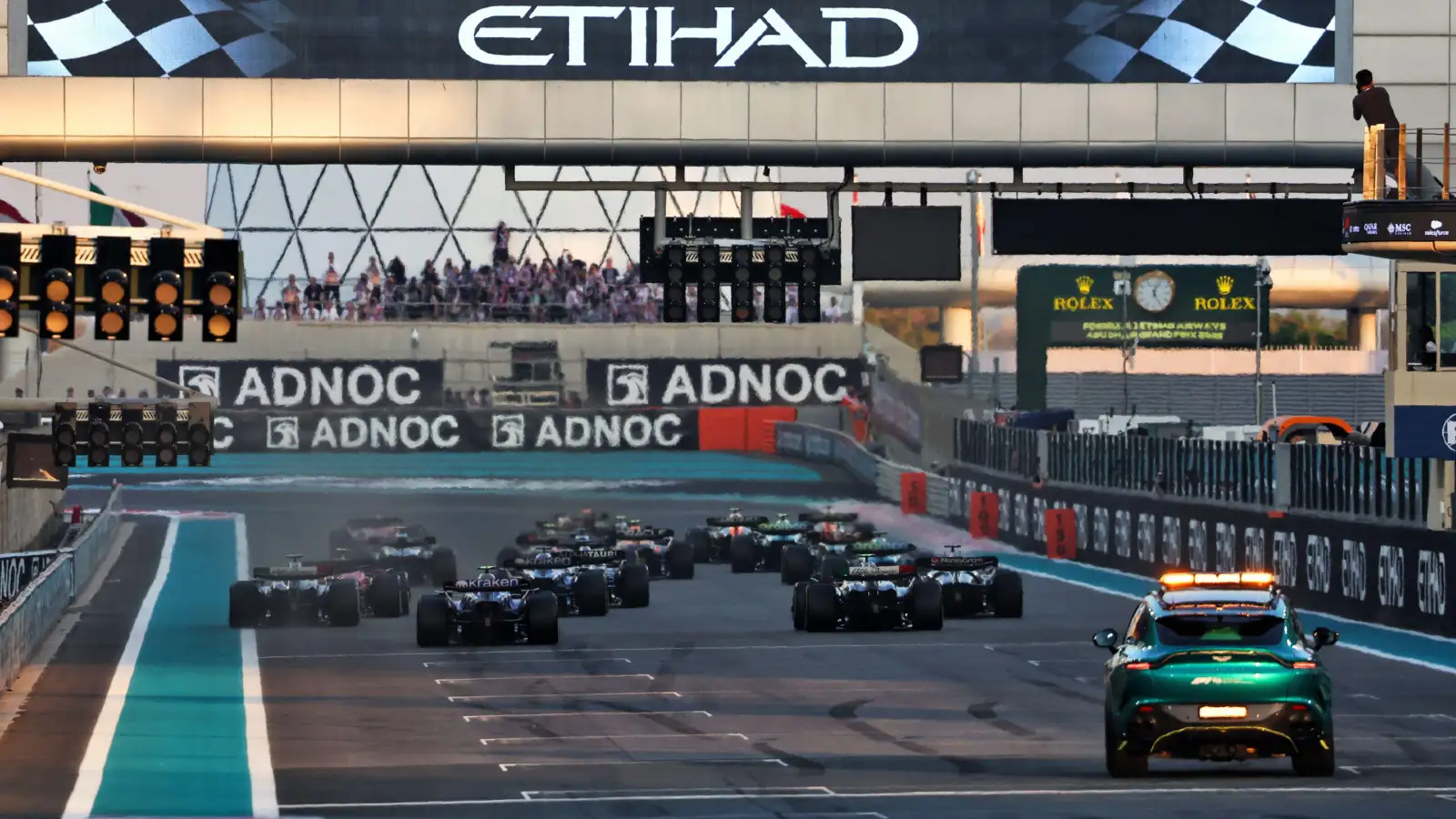The alteration of Formula 1 regulations in 2022 aimed at addressing the issue of ‘dirty air’ has unfortunately not been fully effective, and a resolution may not be implemented until the next regulation change in 2026. The initial improvement in minimizing the undesirable side effects of aerodynamics, particularly with the transition to a ground-effect-based formula in 2022, resulted in reduced wake turbulence for trailing cars, promoting closer racing by diminishing the emphasis on overbody downforce.
However, as the regulations matured in 2023, the downforce loss for following cars increased to over 30%, compared to around 20% in 2022. This deterioration was attributed to teams exploiting loopholes in the regulations, leading to a decline in racing conditions. Nikolas Tombazis, the FIA head of single-seaters, acknowledged the worsening situation and highlighted specific areas, such as the front wing endplate and wheel furniture areas, where loopholes were not addressed promptly.

Article 3 of the Technical Regulations, designed to facilitate close racing by minimizing aerodynamic performance loss for trailing cars, has been invoked to outlaw certain designs that contravene the rules’ objectives. Despite this, no immediate corrective measures are expected before the major regulation overhaul in 2026.
Tombazis expressed optimism that the situation is unlikely to worsen significantly in the next year, citing gains made in the new regulation set. He also emphasized the impact of thermal degradation from tires on racing conditions. With a proposed tire blanket ban dismissed, Tombazis highlighted the importance of Pirelli focusing on improving the thermal degradation curve of their products during testing in 2024. Looking ahead to 2026, considerations include lower downforce cars and weight reduction to mitigate the impact of high-energy forces on tires, potentially resulting in less susceptibility to degradation.

